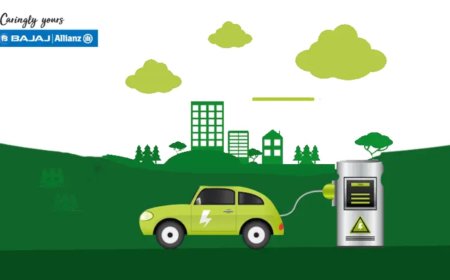Who Really Holds the Power Over Your Land?
This article explores the complex and often surprising reality behind land ownership, revealing how legal and financial systems, rather than individuals, typically control land. It delves into concepts like land rights, property laws, and the role of governments, banks, and corporations in determining who truly owns land

The Illusion of Ownership

Owning land is often seen as a fundamental right, a symbol of security and personal freedom. However, in reality, land ownership is heavily regulated, and property rights are often at the mercy of government policies. Even after purchasing land, owners are subject to a complex web of regulations, permits, and taxes that dictate how they can use, develop, or transfer their property.
In India, the bureaucratic hurdles surrounding land ownership are extensive. From zoning laws to environmental restrictions, landowners must seek multiple approvals before making any significant changes. Starting a business, constructing a building, or even making modifications to an existing structure often requires navigating a maze of legal requirements, delaying progress and increasing costs.
How Land Regulations Strangle Growth

Overregulation of land use has several economic and social consequences:
-
Excessive Permissions: Obtaining approvals for land development is time-consuming and costly. Entrepreneurs and businesses often face delays stretching over months or even years due to red tape.
-
High Costs: Stamp duties, property taxes, and compliance costs make land transactions expensive, discouraging investment and economic growth.
-
Corruption and Bureaucratic Inefficiency: The complex approval process creates opportunities for bribery and corruption, allowing officials to exploit loopholes and stall projects unnecessarily.
-
Artificial Land Scarcity: Government-imposed restrictions lead to higher real estate prices, making housing and commercial space unaffordable for many.
-
Land Acquisition Challenges: Due to unclear titles and outdated land records, acquiring land for infrastructure and industrial projects becomes difficult, leading to project delays and increased costs.
The excessive control over land ownership and development discourages investment, slows down urbanization, and limits economic opportunities. Instead of enabling growth, the existing system places unnecessary obstacles in the way of businesses and individuals looking to make productive use of land.
The Free Market Alternative
Several economies around the world have demonstrated the benefits of reducing government control over land use and simplifying property rights:
-
Hong Kong: With a pro-business environment and minimal land-use restrictions, the region has attracted significant investments and economic activity.
-
Singapore: Efficient land-use policies, clear property rights, and digitized land records have made it one of the easiest places in the world to conduct real estate transactions.
-
New Zealand: Ranked among the best in property rights protection, the country has transparent land laws and minimal bureaucratic interference.
-
Estonia: A pioneer in digital governance, Estonia has implemented blockchain-based land records, ensuring secure and corruption-free property transactions.
If India were to adopt similar policies, the benefits would be substantial:
-
Liberalized Land Use: Removing restrictive zoning laws would allow landowners to utilize their property more effectively, boosting economic activity.
-
Lower Property Taxes and Stamp Duties: Reducing transaction costs would encourage buying and selling, increasing liquidity in the real estate market.
-
Transparent and Digital Land Records: Digitizing land records would eliminate fraudulent claims and disputes, making property transactions smoother.
-
Private Sector Participation in Infrastructure Development: Allowing private entities to develop roads, utilities, and urban infrastructure would reduce dependency on slow-moving government projects.
Time for Change
India has significant economic potential, but outdated land policies continue to act as a barrier to progress. A market-driven approach to land ownership and development would unlock new opportunities, attract investment, and improve overall efficiency. It is time to rethink land regulations and move towards a system that prioritizes property rights, reduces bureaucratic inefficiencies, and enables economic growth.
A land ownership system that respects individual rights and minimizes government interference can pave the way for a more prosperous and equitable society. The question remains: should the government continue to control private land use, or is it time for a more open and market-driven approach?
What's Your Reaction?



















































